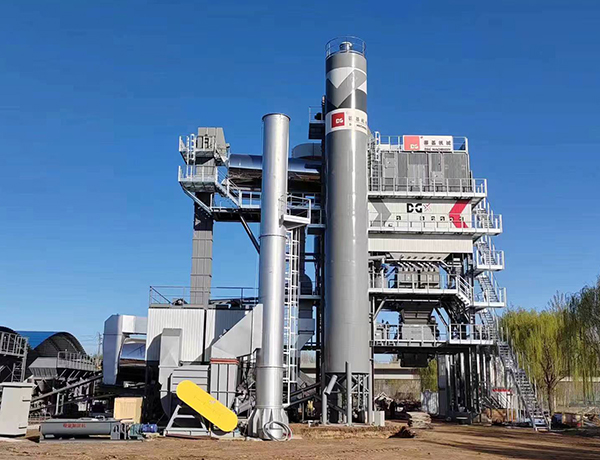Asphalt batching is a crucial process in the road construction industry, as it significantly influences the overall quality and durability of asphalt mixtures. This procedure involves the precise measurement and mixing of various materials, including aggregates, asphalt binder, and additives, to create a homogeneous mixture suitable for paving applications.
The entire asphalt batching process can be categorized into several key stages. Initially, raw materials are sourced and stored in silos or bins, where they are sorted based on size and type. This is essential to ensure that the final product meets the specific engineering requirements for different paving projects.
Once the materials are ready, the batching plant employs sophisticated technology to accurately weigh each component before they are mixed together. This precision is vital, as even minor discrepancies in the mixture can adversely affect the performance and longevity of the asphalt surface. The mixing process itself takes place in a drum or a pugmill, where the materials are thoroughly blended to achieve a uniform consistency.
Quality control is an integral part of the asphalt batching process. Continuous testing and monitoring are conducted to assess the properties of the mixture. This includes evaluating factors such as temperature, viscosity, and aggregate gradation. Ensuring that these characteristics align with industry standards enhances the reliability of the asphalt, leading to improved road performance under various environmental conditions.
Asphalt batching plants can be mobile or stationary, depending on the specific requirements of a project. Mobile plants offer flexibility and are ideal for remote locations, while stationary plants are generally used for larger, more consistent production needs. In conclusion, asphalt batching is a fundamental operation that combines engineering principles, advanced technology, and quality assurance practices to produce high-quality pavement materials essential for modern infrastructure.
Content Disclaimer
The content provided on this website is for informational purposes only. Some of the information, articles, images, and other materials available on this site may be sourced from third-party websites and public domain resources. While we make every effort to ensure the accuracy and reliability of the information, we do not take responsibility for the content provided by external sources.
